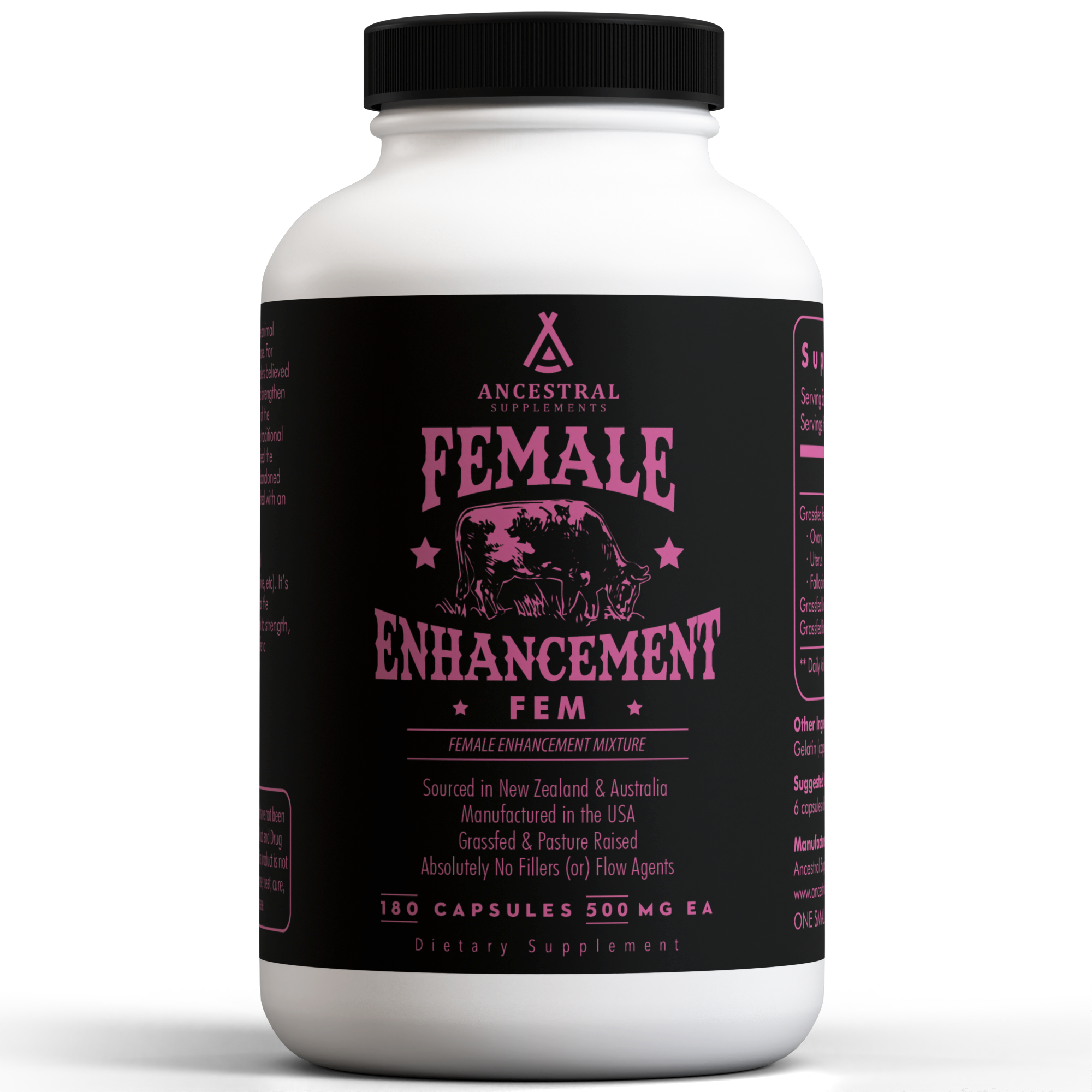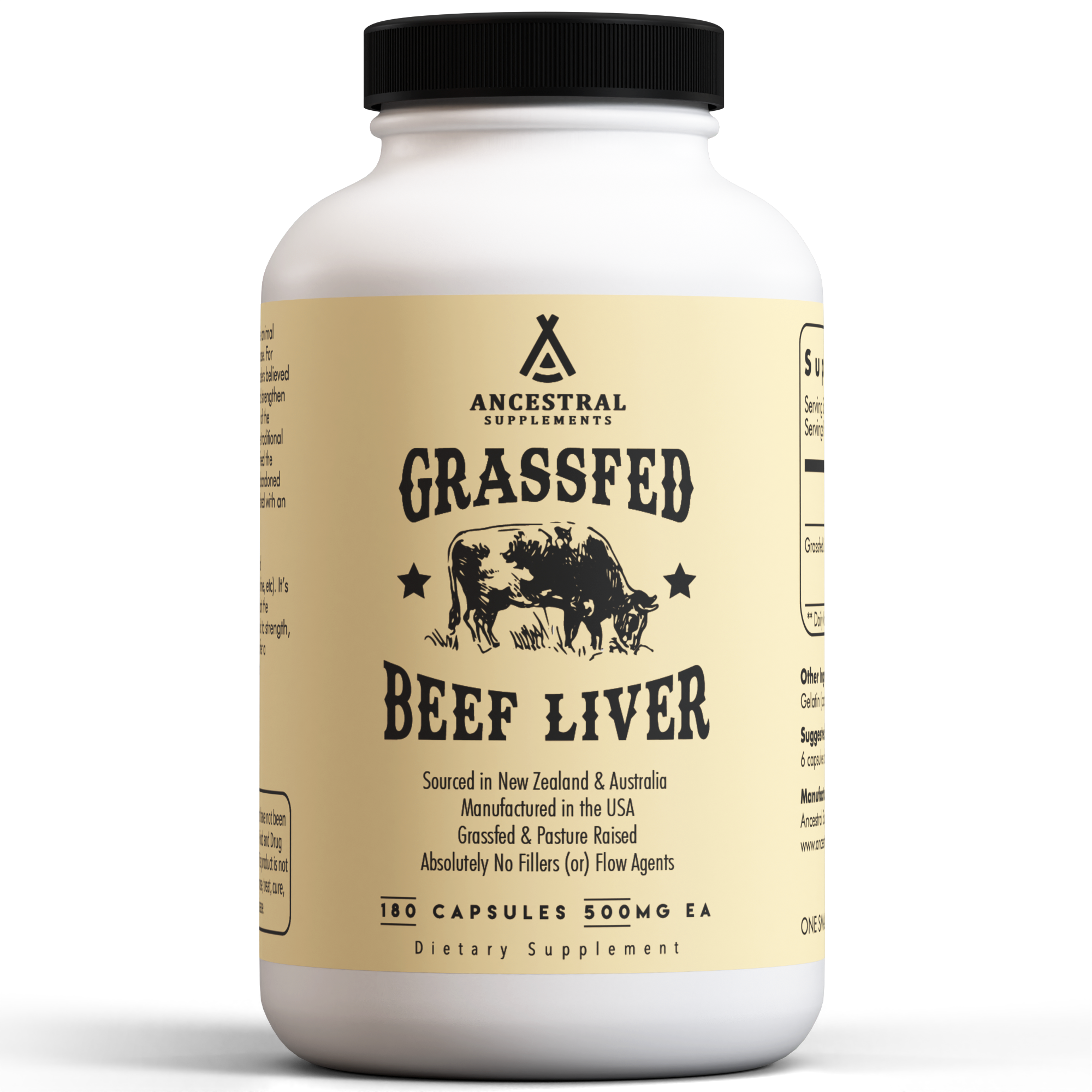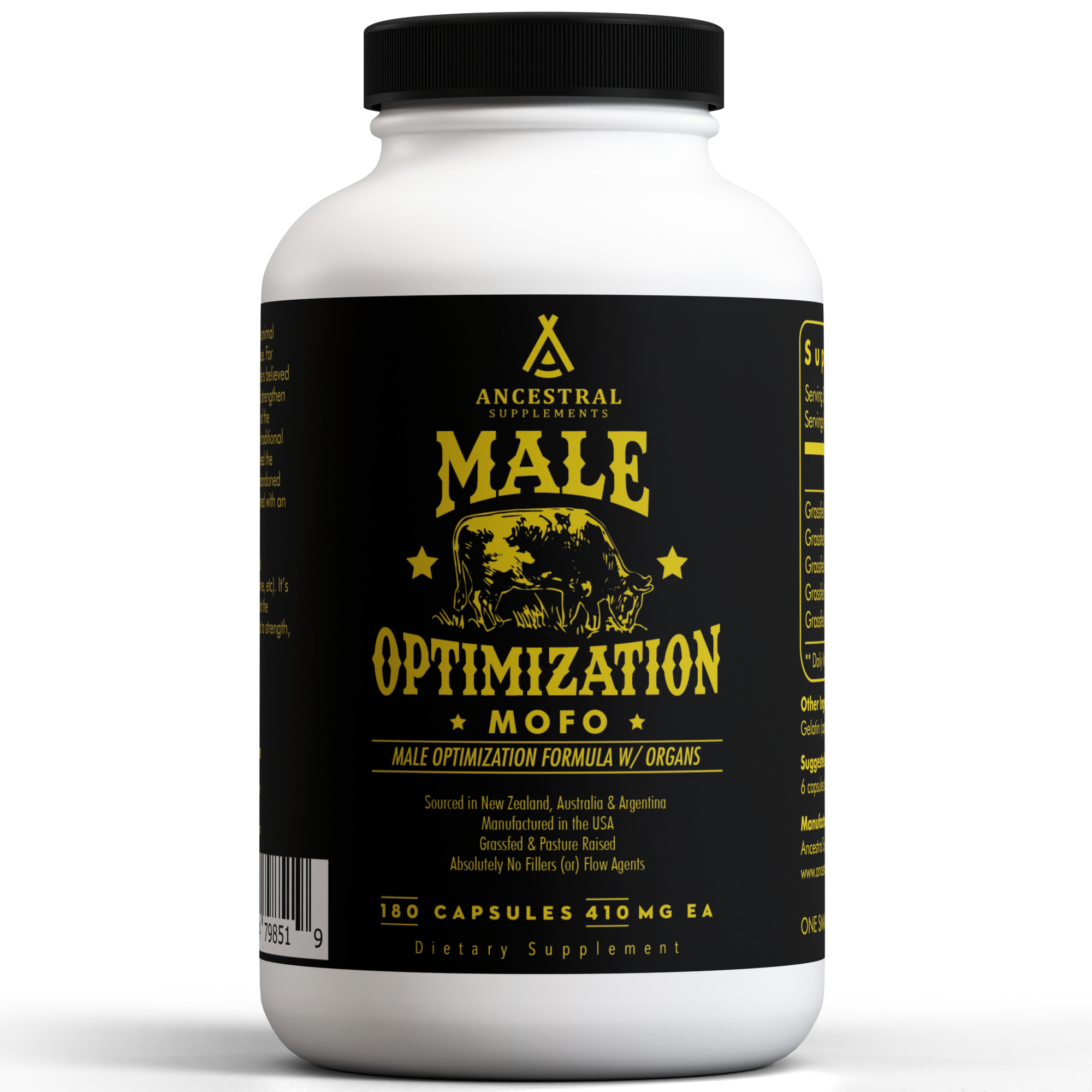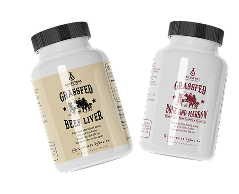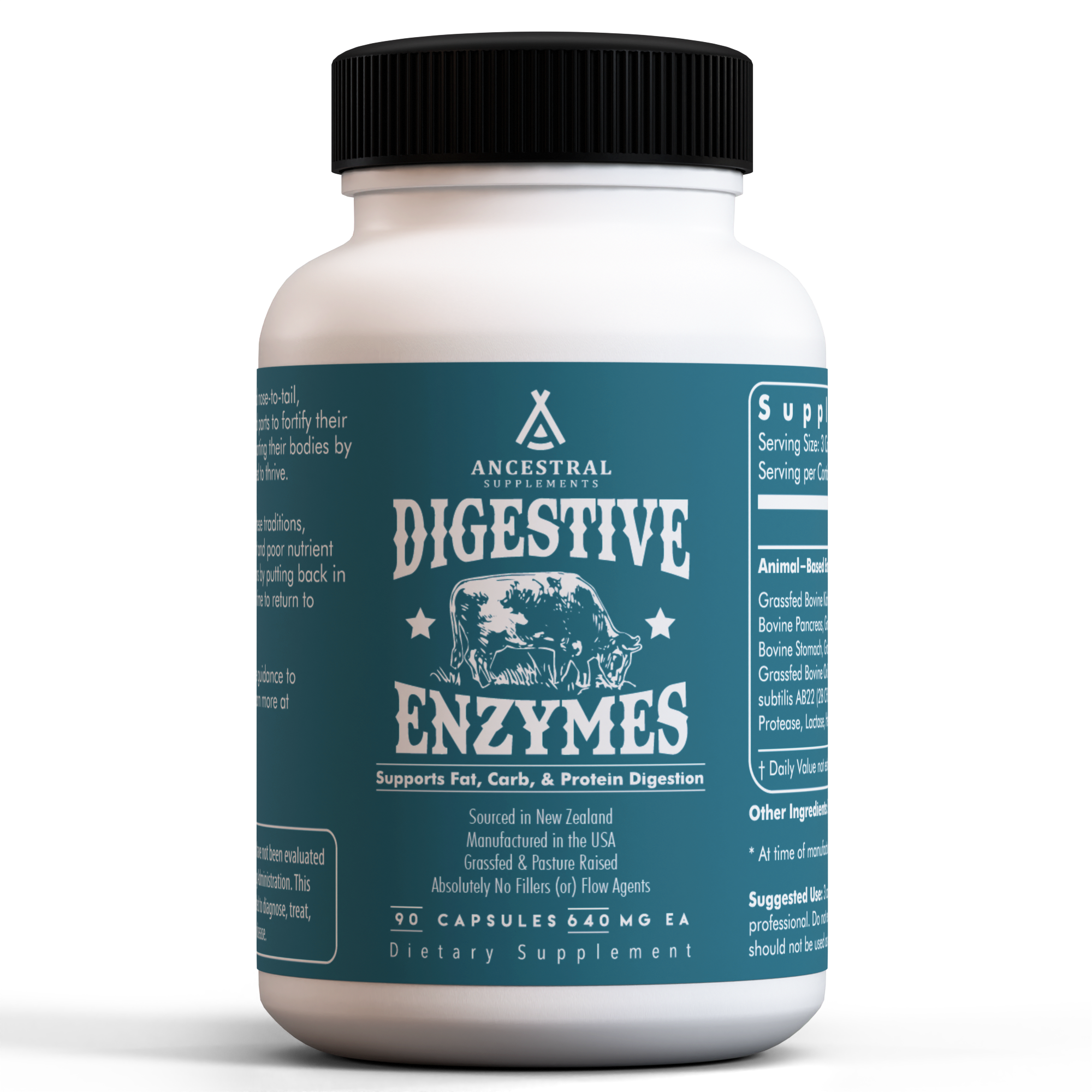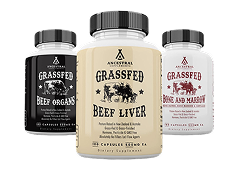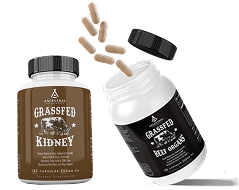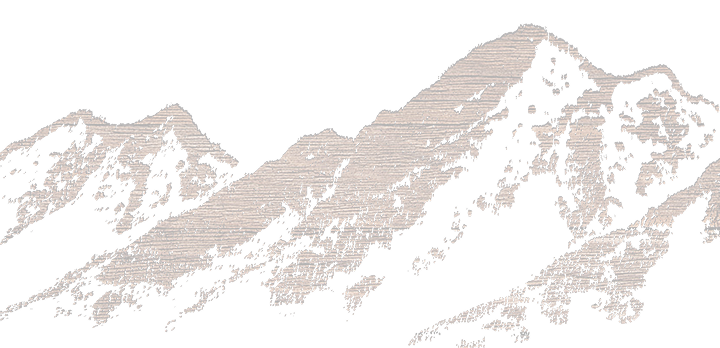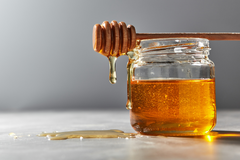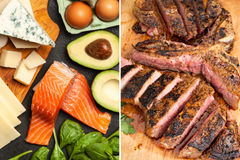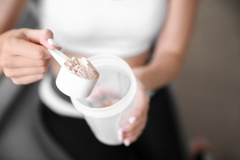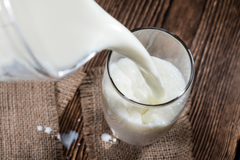Coffee on the Carnivore Diet: Can You Still Sip Your Morning Brew?

A quick search on whether or not you can have coffee on the carnivore diet will turn up a variety of answers — and many of them are controversial.
Finding the best answer for you will depend entirely on your current state of health, goals, and how strictly you want to follow the carnivore diet principles.
Let’s go over a few of the main arguments for and against drinking your morning brew as a carnivore diet proponent so that you can make an informed decision on whether to keep it in or phase it out.
Coffee and the Carnivore Diet: Is it a Yes or No? You Decide
If you’re working towards being a carnivore diet purist, then you’ll straight up have to say goodbye to the brew.
All plant-based foods are eliminated on the carnivore diet to help reduce your exposure to harmful plant toxins, anti-nutrients, and pesticides that are found in fruits, vegetables, nuts, seeds, and grains that can promote or worsen existing health symptoms and conditions. (1)(2)
Coffee beans are a fruit from the Coffea plant, which means brewed coffee is essentially no different from the nut milk or cold-pressed green juice that’s off limits on a meat-centric diet. (3)
However, some people take a more relaxed or flexible approach to having coffee when going carnivore.
A few arguments consider that coffee is low-carb, contains zero calories, and is supportive of several aspects of health, including metabolism, mood, brain function, mental focus, memory, and liver health.
For these reasons, you could say that coffee is considered the “lesser of the evils” when compared to the other drinks off limits on the carnivore diet, including alcohol, soda, and other plant-based or sugary drinks.
Let’s explore a few other valid points that are both for and against coffee on the carnivore diet.
Arguments Against and For Coffee on the Carnivore Diet
1. Coffee Contains High Levels of Plant Toxins, Including Mycotoxins
Mold has no place in the human body, but can wind up in your system based on what you eat or drink.
Cereal, nuts, grains, beer, dried fruit, fruit juice, wine, and coffee contain varying levels of mycotoxins, which are known carcinogens naturally produced by mold and fungi.
Mycotoxins are said to be harmful to health (particularly to the gut and nervous system), even in very small amounts.
The two most prevalent mycotoxins found in coffee are ochratoxin A (OTA) and aflatoxins. Both have been linked to DNA damage, kidney damage, impaired liver function, and suppressing immunity. (4)
The level of mycotoxins that end up in your cup of coffee will depend on a few factors, including the processing methods used and the conditions the coffee beans were grown in. (Mold thrives in warm, moist conditions.)
Since the carnivore diet is based on the premise of avoiding all plant toxins, it’s worth mentioning that if you’re not quite ready to give up your coffee, there are a few ways you can try to limit your mycotoxin exposure.
Coffee that’s been wet processed (versus dry processed) is said to be one of the most effective methods for removing mold and mycotoxins from coffee beans.
Also referred to as “the washed process,” it helps produce cleaner coffee beans through fermentation, washing, and proper drying — which prevents mold from growing back. In addition to being mold-free, coffee that’s been wet-processed is said to have a brighter, cleaner taste that’s more enjoyable.
Keep in mind that the only way to know if your coffee is truly mold-free is to see the company’s mold testing lab results. You might be able to find this information on their website (though few coffee companies publicly share it) or you can reach out to a specialty coffee brewer directly and ask if they can share the results with you.
Aside from mycotoxins, coffee contains pesticides (even if it’s organic, just in smaller amounts) and another known carcinogen called acrylamide.
There isn’t much you can do to avoid acrylamide entirely because it’s a byproduct of the coffee bean roasting process. However, you may be able to lessen your acrylamide exposure by choosing a light or dark brew (no middle ground). Research shows acrylamide levels increase in the middle phase of coffee roasting, with medium-dark roasted coffees containing more acrylamide than light- and dark-roasted coffees. (5)
While trace amounts of mycotoxins are found in coffee, most sources say that the amount you’d ingest from drinking coffee is still well below safety limits.
Another thing to consider is that when you follow the carnivore diet, you’ve eliminated many other common sources of mycotoxins, including dried fruit, nuts, beer, and wine. So even with a daily cup of coffee, you’ll be getting fewer mycotoxins in your diet overall.
2. Coffee Is a Potential Gut Irritant and Worsens Digestive Symptoms
For many people, reducing digestive discomfort is a key motivator for following the carnivore diet. The impact of a cup of coffee on GI health varies from person to person. In addition to containing plant toxins, it can also worsen symptoms such as bloating, gas, poor digestion, or acid reflux. (6)
Tip: If you suffer from GI symptoms but love coffee for the energy buzz, you may want to give Grass Fed Beef Liver Supplements a try. Beef liver is a potent source of instant natural energy — which means no caffeine crash and you’re sustained all day long. It also supports detoxification and gut health, which makes it a double win for your health goals.
3. Coffee May Spike Insulin Levels
Much like coffee and gut health, the impact of coffee on blood sugar levels will vary from person to person.
If you already experience blood sugar fluctuations or have type II diabetes, studies suggest caffeine can raise and prolong the period of raised blood sugar levels. (7)
If you don’t have an existing blood sugar imbalance, the caffeine in a cup of black coffee may not negatively impact your blood sugar levels – but sweetened nut milk, sugar, or pumpkin spice syrups will. So just be sure to stick to your raw or low-lactose milk or heavy cream for coffee additives, and it likely won’t be a dealbreaker for your blood sugar levels.
You could also create some frothing action by blending your coffee with healthy fats, like grass-fed butter, ghee, or raw milk – all of which will actually help stabilize your blood sugar levels.
4. Coffee Can Contribute to Existing Anxiety and Sleep Issues
Stressed? Anxious? Tossing and turning at night like a hot potato?
As a stimulant, caffeine can make existing anxiety, restlessness, and broken sleep much worse.
One of the beautiful things about the carnivore diet is that it’s extremely rich in nutrients that support nervous system function. It also helps improve your quality of sleep by eliminating the most common sleep offenders: Sugar, alcohol, chocolate, tea — and yes, coffee.
If you want to experience the full benefits of the carnivore diet, it may be worth doing a little experiment and swapping your morning coffee for a carnivore-aligned drink (such as bone broth) for a few weeks. Take note of how you feel and base your decision on those results.
5. Having Coffee May Throw Off Your Discipline
Some people who follow the carnivore diet argue that regardless of what it may be, making any exception when following a strict diet sets you up for failure and makes you less compliant in the long run.
Other carnivore diet enthusiasts believe differently.
Since the carnivore diet is a little more extreme, keeping a cup of coffee in your diet may actually help you with the overall transition and long-term compliance, especially if it’s a ritual you really enjoy and don’t want to give up. It may also help you feel more comfortable in social settings.
Another argument in favor of having coffee on the carnivore diet is, that while it still contains some antinutrients like phytic acid, it has significantly less antinutrients than other plant foods excluded from the carnivore diet, such as legumes and grains.
You can also lessen your exposure to the other major plant toxins found in coffee by focusing on quality and choosing organic, plus the other workarounds mentioned above when it comes to mold and acrylamide.
Taking a Flexible Approach to The Carnivore Diet
Whether you follow the carnivore diet strictly in the beginning or not, you’ll still be taking massive strides in your health by eliminating sugar and the vast majority of plant foods that may be worsening your health.
For this reason, some people take a pragmatic or flexible approach to the carnivore diet and consider that some plant foods are less harmful than others – such as herbs, spices, or coffee in this case.
Lastly, the carnivore diet is a massive lifestyle shift. It excludes other beverages that can be hard to give up, such as alcohol. If keeping coffee in your diet initially helps make the transition easier for you, then some would argue there’s no harm in doing so.
Plus, if you’re not ready to fully transition to the carnivore diet yet, you can always try one of these four modified carnivore diets as you work your way towards a pure carnivore way of life.
What Can You Drink on a Carnivore Diet?
Staying hydrated on the carnivore diet is extremely important, with filtered water being the most basic and essential thing you drink.
Mineral water is preferred because it contains the most mineral compounds and electrolytes. So, don’t forget to keep a water bottle next to you at all times, with a pinch of Celtic salt or Himalayan salt for added minerals, if you can.
Here’s what else you can drink in abundance on the carnivore diet:
Bone Broth
It's rich in minerals, collagen, and is warm and comforting when heated.
Although there’s no fooling a coffee lover that it’s a direct replacement, at least bone broth can still be served in your favorite coffee mug and blended with ghee or butter to create a little frothing action.
Carnivore Latte
This is where you can get a little creative as a carnivore-friendly barista.
To make a carnivore latte, blend hot or warm water with a splash of heavy cream or raw milk (optional), egg yolks, and tallow, ghee, or butter.
If you’re not 100% strict with the carnivore diet, you could add a small splash of pure vanilla extract as long as it contains no sugar.
Egg Smoothie
Egg smoothies are a surprisingly tasty high-protein treat and a great way to get some extra liver in your diet. Blend raw milk, liver, egg yolk, whey protein, half and half, and pure vanilla extract (depending on how strictly you’re following the diet)
Natural Electrolyte Drinks
Natural electrolyte drinks or powders, as long as they don’t contain plant ingredients or sugar, can be a healthful addition to your carnivore diet.
Club Soda or Sparkling Water
Both typically contain sodium and potassium to help increase your mineral consumption.
Conclusion
Although coffee is considered a plant-based drink, the carnivore diet allows for some flexibility with coffee, as long as there’s a focus on quality and avoiding sugary additives in favor of blending with butter, ghee, raw milk, heavy cream, or a low-lactose milk.
Ultimately, whether or not you have coffee on the carnivore diet should be based on your health goals, what’s realistic for you, and how it impacts your body.

